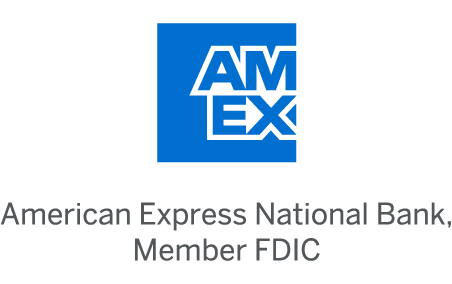How Much of an Emergency Fund Do You Need if You're Buying a House?
KEY POINTS
- If you save enough in an emergency fund to cover three months of essential bills, you're likely to have enough money to cover an unexpected home repair.
- For better protection, though, you may want to aim for six months' worth of savings.
- You should also save specifically for issues that were identified during your home inspection.
Recent data from SecureSave finds that 63% of Americans don't have enough savings to cover an unplanned $500 expense. But when you're buying a home, the bill for a single repair could well exceed the $500 mark.
That's why it's so important to have a solid emergency fund when you're taking on the expense and commitment of homeownership. But just how much money should you keep in your savings account in that situation? Let's find out.
Save enough to cover three months of bills at a minimum
The general consensus when building an emergency fund is that it's important to have enough cash to cover three months of essential expenses at a minimum. The logic is that if you were to get laid off, you'd have money to tide yourself over while looking for work.
In the context of owning a home, a three-month emergency fund is likely to provide you with enough money to cover an unexpected repair -- even a larger one. Let's say your essential monthly bills come to $3,500, so you build a $10,500 emergency fund. If your water heater goes kaput and needs to be replaced, that sum leaves you with more than enough money to cover the cost, which Angi puts at $880 to $1,789 (with an average cost of $1,311).
Our Picks for the Best High-Yield Savings Accounts of 2024
|
SoFi Checking and Savings

APY
up to 4.60%
Rate info
You can earn the maximum APY by having Direct Deposit (no minimum amount required) or by making $5,000 or more in Qualifying Deposits every 30 days. See SoFi Checking and Savings rate sheet at: https://www.sofi.com/legal/banking-rate-sheet.
Min. to earn
$0
|
APY
up to 4.60%
Rate info
You can earn the maximum APY by having Direct Deposit (no minimum amount required) or by making $5,000 or more in Qualifying Deposits every 30 days. See SoFi Checking and Savings rate sheet at: https://www.sofi.com/legal/banking-rate-sheet.
|
Min. to earn
$0
|
|
Citizens Access® Savings

APY
4.50%
Min. to earn
$0.01
|
APY
4.50%
|
Min. to earn
$0.01
|
|
American Express® High Yield Savings

APY
4.25%
Rate info
4.25% annual percentage yield as of June 1, 2024
Min. to earn
$1
|
APY
4.25%
Rate info
4.25% annual percentage yield as of June 1, 2024
|
Min. to earn
$1
|
For better protection, aim higher
A three-month emergency fund certainly gives you a decent amount of protection as a homeowner. But let's face it -- there's no rule stating that you'll only face one big home repair per year. What if you end up having to replace a water heater in June and then your heating system malfunctions in October, followed by a major roof repair in February?
It could be a good idea to aim for a six-month emergency fund, rather than three months. That also buys you more protection in the unfortunate but possible event that you wind up out of a job at the same time a major home repair pops up.
Save enough to address issues found during your home inspection
You may be buying a home that passes its inspection with flying colors, only to have issues arise shortly thereafter without warning. But if your home inspection revealed issues that are likely to come to a head in the coming years, then you may want to get estimates of those repairs and aim to add the sum of addressing them to your emergency savings goal.
For example, let's say you want a three-month emergency fund for protection from a layoff. If, during your home inspection, it was discovered that your air conditioning system is functional but very old and wearing down, it's a sign you may need to replace that unit somewhat soon. If you're given an estimate that brings the cost of that work to $4,500, then you should aim to pad your emergency fund by that amount.
All told, you need cash reserves on hand when you own a home. At the very least, aim for a three-month emergency fund. But if you can do better, you'll have that much more protection -- and you'll gain that much more peace of mind.
These savings accounts are FDIC insured and could earn you 11x your bank
Many people are missing out on guaranteed returns as their money languishes in a big bank savings account earning next to no interest. Our picks of the best online savings accounts could earn you 11x the national average savings account rate. Click here to uncover the best-in-class accounts that landed a spot on our short list of the best savings accounts for 2024.
Our Research Expert
We're firm believers in the Golden Rule, which is why editorial opinions are ours alone and have not been previously reviewed, approved, or endorsed by included advertisers. The Ascent, a Motley Fool service, does not cover all offers on the market. The Ascent has a dedicated team of editors and analysts focused on personal finance, and they follow the same set of publishing standards and editorial integrity while maintaining professional separation from the analysts and editors on other Motley Fool brands.
Related Articles
View All Articles